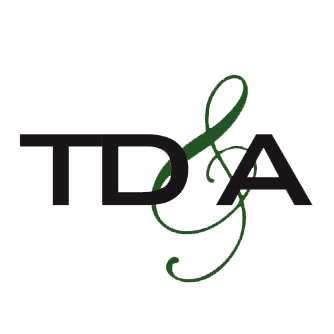WHY LLC’s DO NOT OFFER THE PROTECTION OF ASSET PROTECTION TRUSTS
When it comes to embarking on a business venture or devising a solid asset protection plan, the choice of legal entity is paramount. Limited Liability Companies (LLCs) and Asset Protection Trusts are two common avenues for shielding personal assets. While LLCs offer a certain level of protection, they can be vulnerable under specific circumstances. In contrast, Asset Protection Trusts provide more substantial safeguards that are considerably harder to breach.
Understanding the Distinction
An LLC is a business structure that partitions an owner's personal assets from those of the company. This insulation implies that if the company faces legal action or financial obligations, the owner's personal assets remain shielded. However, there are instances in which the protection afforded by an LLC can be pierced, granting creditors access to personal assets. For instance, if an LLC owner employs personal funds for business expenses, diverts funds meant for the LLC into a personal account, or if the LLC is implicated in fraudulent activities, the LLC's safeguarding can crumble. In such scenarios, creditors can pursue an owner's personal assets to fulfill outstanding debts.
In contrast, Asset Protection Trusts are deliberately crafted to shield personal assets from creditor claims. These trusts possess irrevocable status, signifying that, as far as creditors are concerned, you cease to be the proprietor of the assets. This inherent change in ownership serves as a robust defense against lawsuits and creditor actions.
The Vigor of Protection
Asset Protection Trusts outshine LLCs in terms of shielding personal assets. Their heightened resilience against intrusion is a key factor. To pierce an Asset Protection Trust, a creditor must substantiate that the trust's establishment was motivated by an intent to defraud creditors. This threshold of proof is considerably more demanding than piercing an LLC, which necessitates proof of the LLC being used as a facade or for illicit and fraudulent pursuits.
While LLCs suit small business owners well, they may not provide sufficient safeguards for high-net-worth individuals or those with substantial personal assets. Asset Protection Trusts emerge as a more robust alternative for safeguarding such assets. It is crucial to acknowledge that the creation of an Asset Protection Trust demands meticulous planning and expert guidance to ensure its meticulous execution.
Final Considerations
In summation, while LLCs extend a degree of asset protection, they remain susceptible to breaches under specific circumstances. In contrast, Asset Protection Trusts offer formidable safeguards that are challenging to breach. Individuals endowed with significant personal assets are advised to explore Asset Protection Trusts as an integral facet of their comprehensive wealth management strategy. Consultation with a seasoned attorney is imperative to chart the most suitable path forward.
Tresp, Day & Associates: Your Trusted Asset Protection Partner
Since 1992, Tresp, Day & Associates has been safeguarding our clients' assets with resilient Asset Protection Trusts. Our structures empower clients to retain control over their assets while safeguarding them from creditors. Should you seek to delve deeper into the advantages of Asset Protection Trusts, our firm extends an invitation for a free consultation. Contact us today to embark on a journey towards fortified asset protection and peace of mind.
